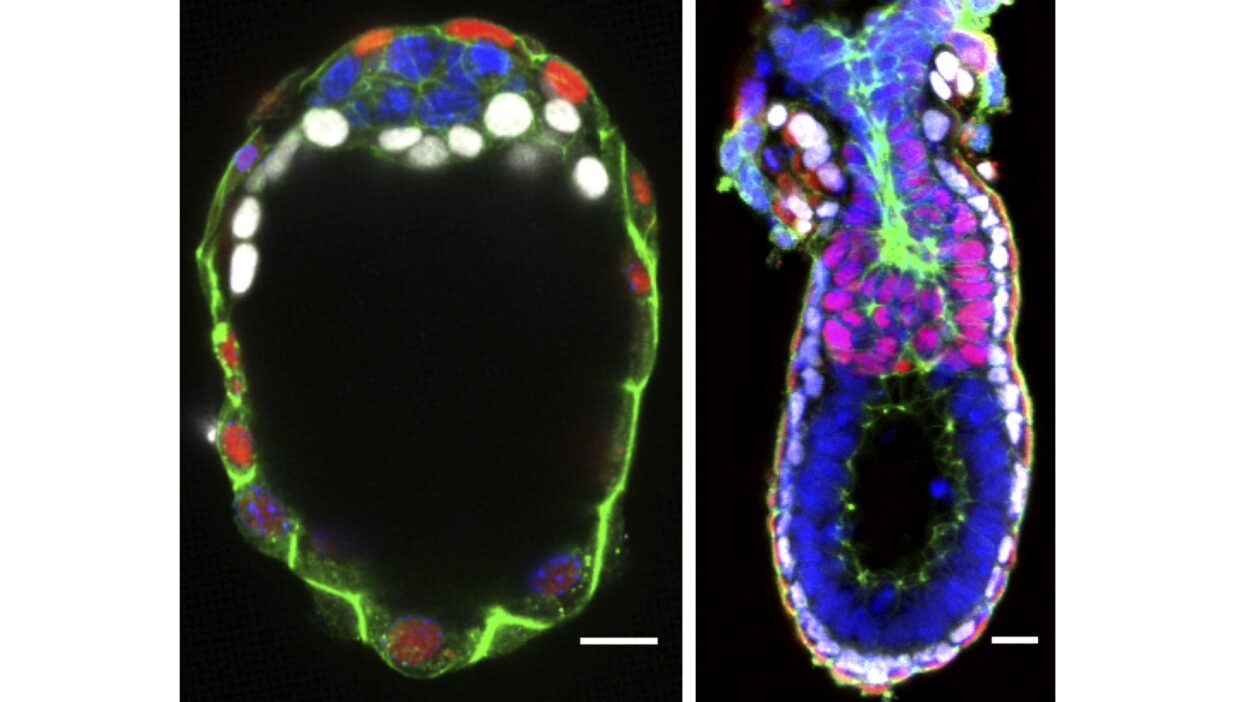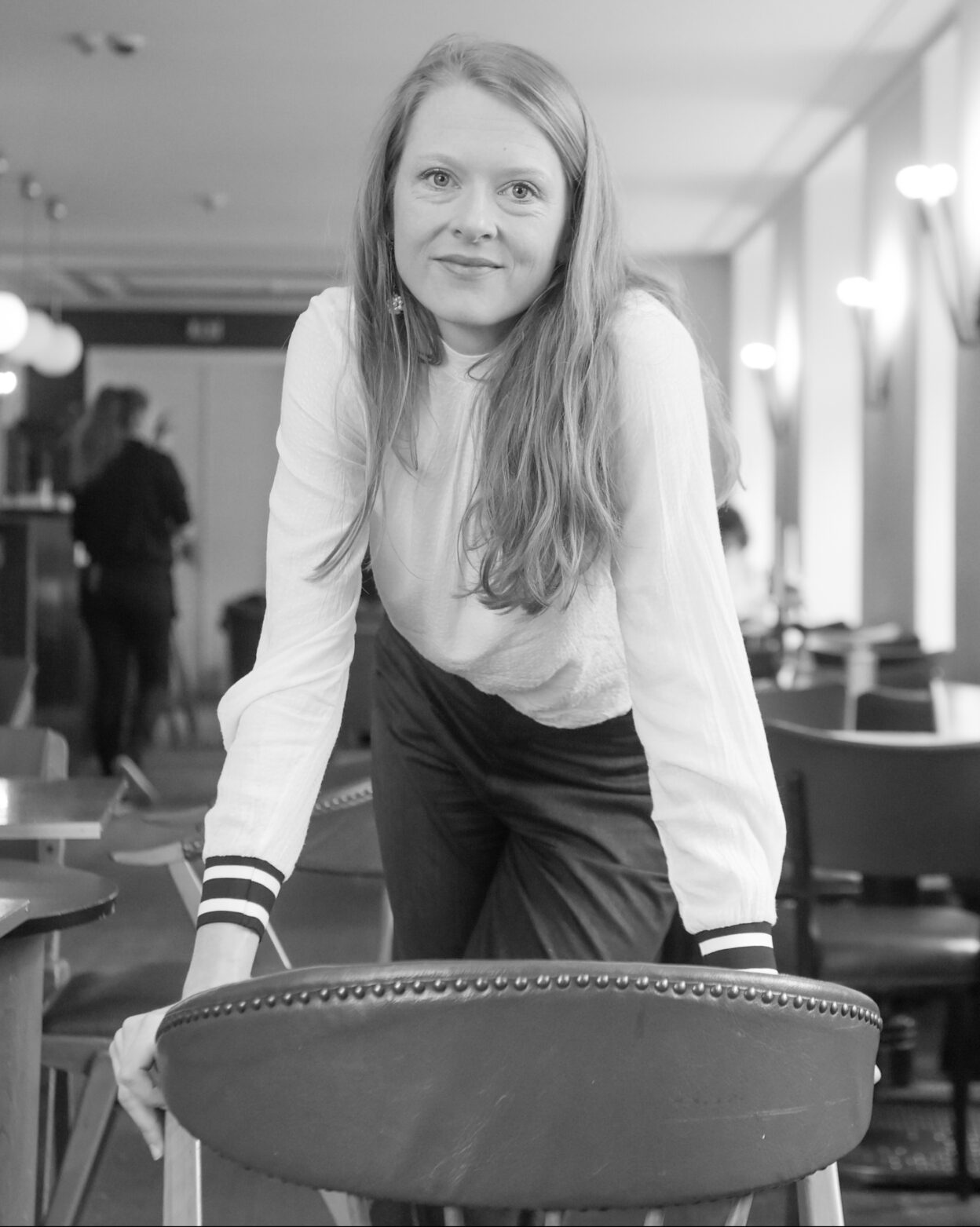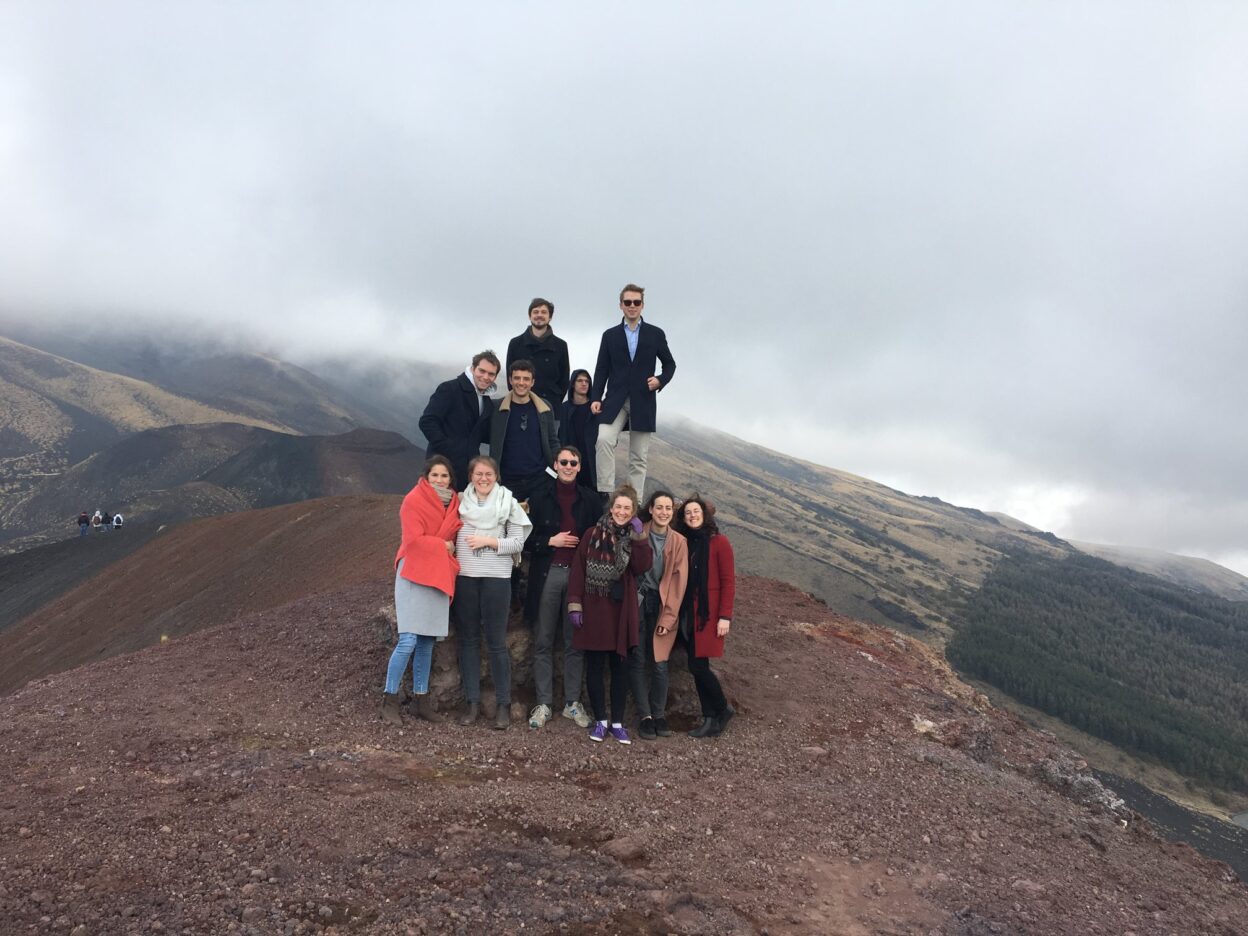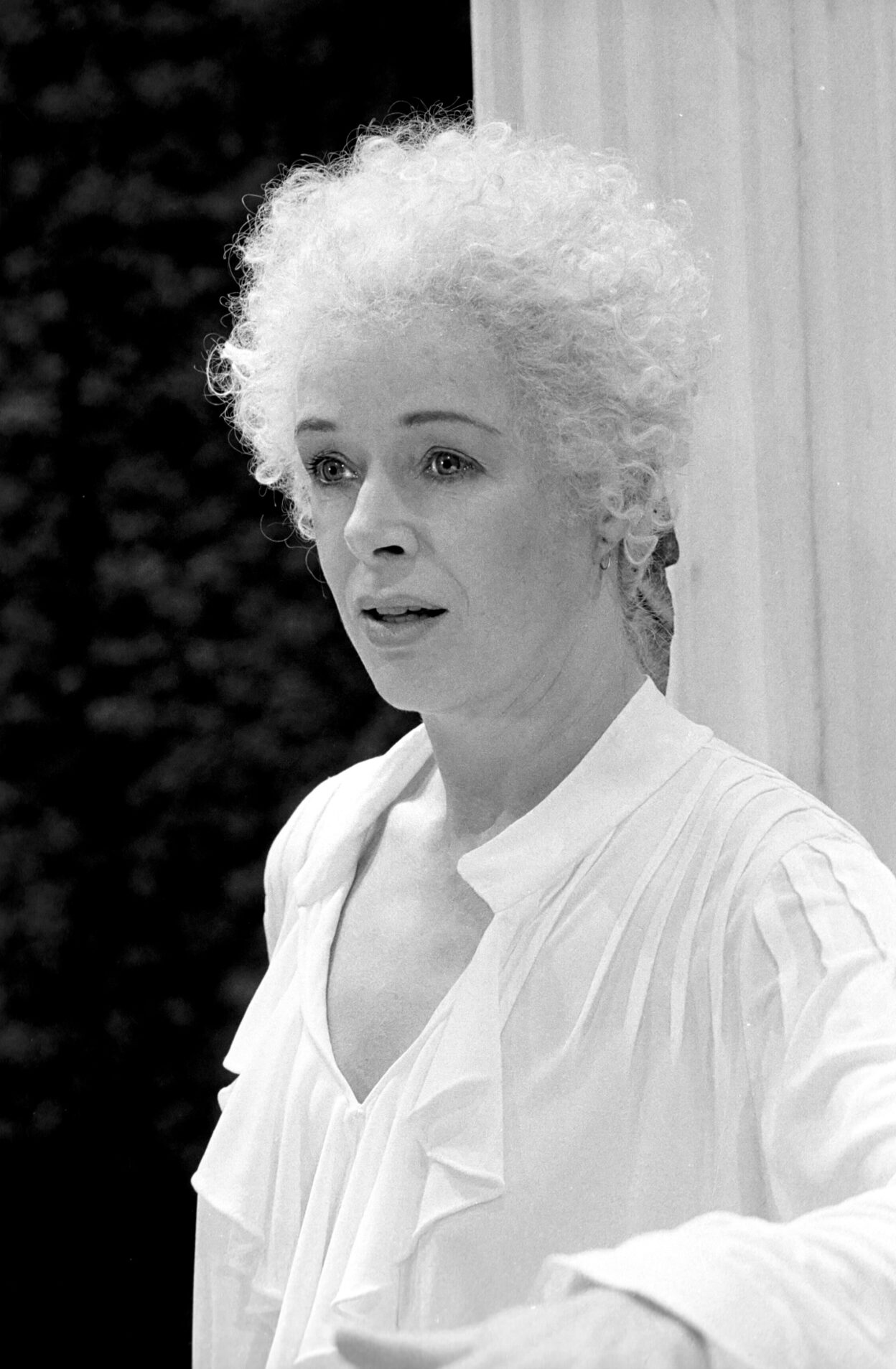Middle of March as Europe went into lockdown, everyone came to their office, took the most important things to be able to work from home and closed the door behind themselves. In our case, we were running around frantically, freezing down embryonic stem cells in liquid nitrogen, in order to be able to resuscitate them again once the pandemic was over and were sitting in tears over long tables of our mouse lines, having to cross one cage after the other off the list. Animal facilities could not operate normally during the lockdown either, so we had to cull our mice. – I am working in a cutting-edge laboratory at the University of Cambridge, UK, where we try to understand early embryonic development from fertilisation up to gastrulation, when the three germ-layers are formed. About 60% of human pregnancies fail during these early stages of development and the underlying mechanisms accompanying these steps have just started to be elucidated. For such research animal work – in our case with mice – is essential.
After three months of worrying whether the few mice we had left would survive long enough to give us offspring once the lockdown was lifted, the laboratories have opened again in a very restricted manner. But we are not able to pick up where we left off. We need to rebreed our mouse-lines before we can do any experiments. A process that takes about three additional months. Thrown back for half a year, we are running out of time to finish our research. My PhD research is financed through a fellowship from the European Commission, Horizon 2020. On June 9th, I had to learn that the EU would allow a 6 months extension of our fellowship but without paying us a salary. And they would also not put an emergency grant scheme in place where one could apply to get funding for these missing months.
The reason for which: There is no precedent.
I understand that. But there was no precedent for the Coronavirus pandemic either.
All over Europe, EU-financed PhD students are facing the same problem: having to finish our research while time is running out. The EU Commission has stated that we should not worry as they were happy for us to finish our PhDs without finishing our research. Apparently, they do not understand that it is not about the title but about the science. We lose our research that we worked for over the course of several years. Research that is meant to help people in the future. Enormous amounts of funding have enabled this research, which we now won’t be allowed to finish. This also means that thousands of animals have died in vain as our projects are going to waste. Neither of us likes to cull these animals to do those experiments. But we were doing it for science. Now, we sacrificed them for nothing. All because the EU does not want to give us a salary that allows us to pay rent and buy food.
With this policy, the EU is deconstructing itself as a place of scientific excellence. Their response shows the hypocrisy of the EU Commission promoting basic research as essential in the background of the Covid-19 pandemic while terminating projects that investigate the basis of early pregnancy failure, cancer and the immune response in viral and bacterial infections. We all have worked for years, put our hearts into our research – 7 days a week, up to 20h a day in my case, and I am no exception here – to understand in order to learn how to help. Not only the coronavirus costs lives. 240.000 people die of cancer every year alone in Germany. 1.5 Million a year from Tuberculosis worldwide. This list is endless.
When I filed my official complaint with the ombudsman of the EU, I was asked why we are in this situation. I believe that we were simply forgotten. We are PhD students. Usually, we are invisible. We neither have a lobby nor a common voice to speak on our behalf as we are scattered over all European member states. With this, I would like to ask the EC president Ursula von der Leyen to reconsider her lack of actions towards all of us. We are the people behind the scenes. We do the research that hopefully will save lives in the future. Do you want to throw all of this away? And force us to find other groups – outside of the EU – to fund our research?
Antonia Weberling, 27, is a 3rd year PhD candidate at the University of Cambridge, UK. She investigates the mechanisms that underlie the implantation of the embryo into the uterus, a process that fails in about 30% of human pregnancies. Her PhD is funded by the EU Horizon2020 Marie Skłodowska-Curie Actions International Training Network ImageInLife.



